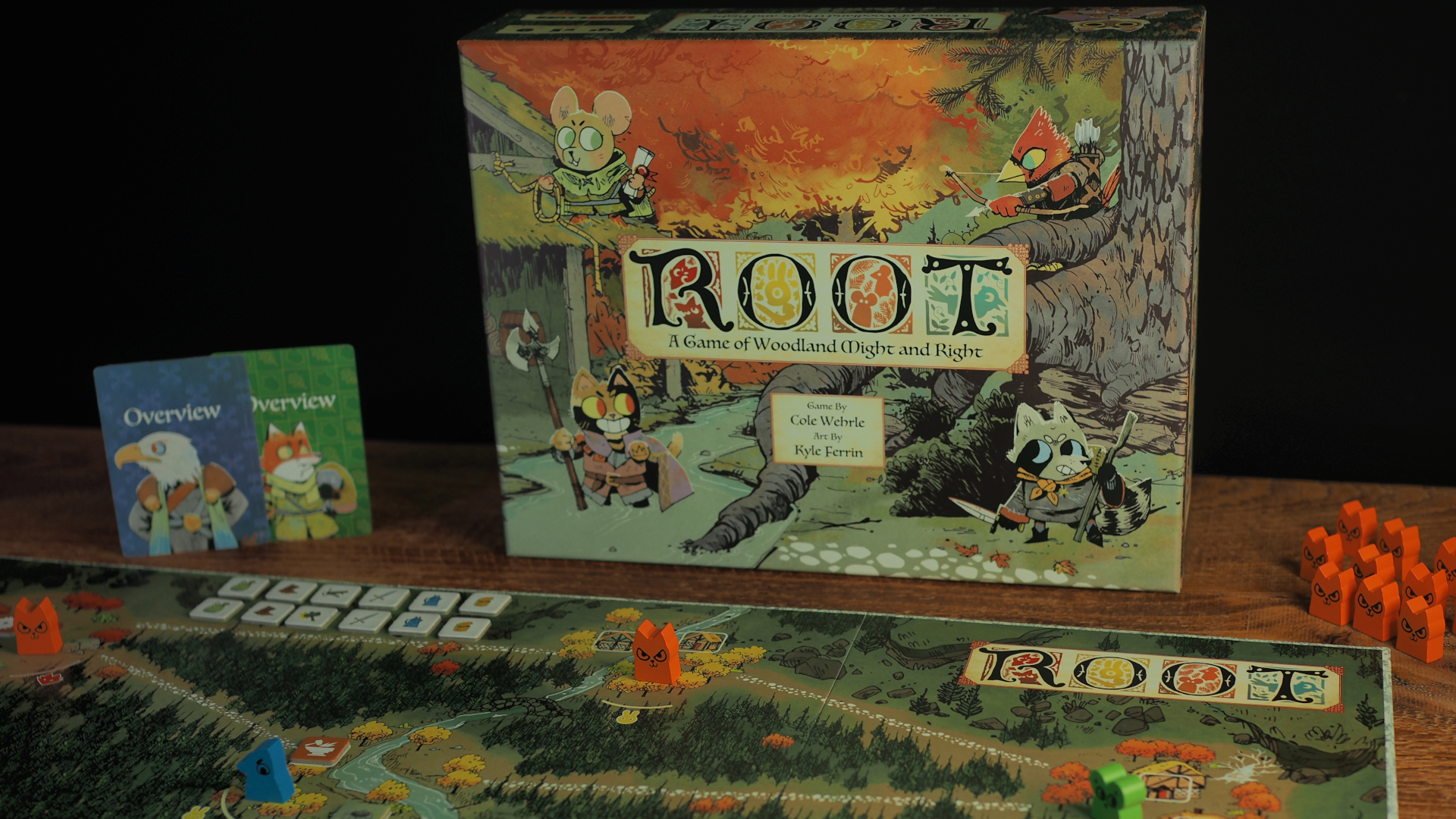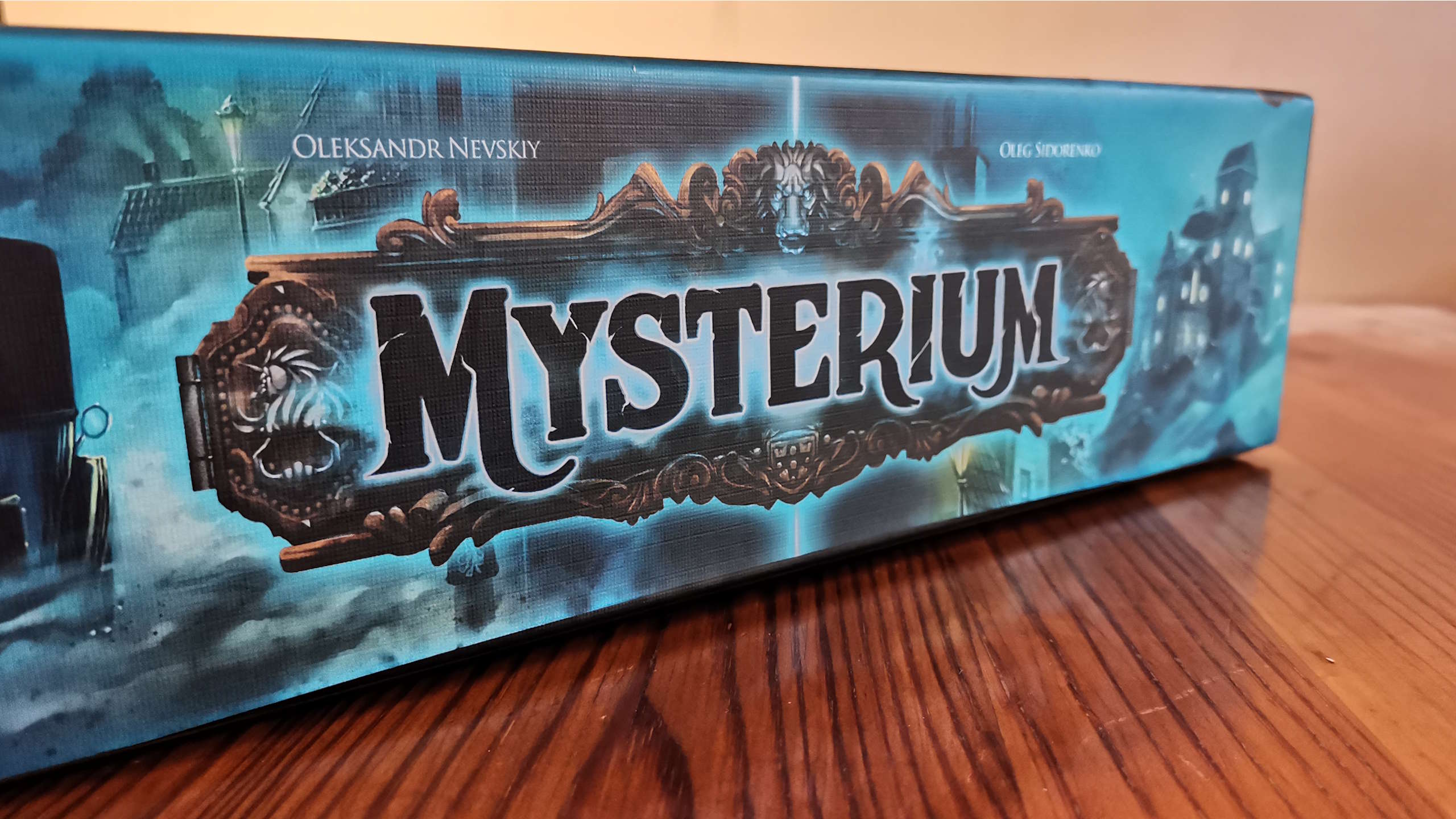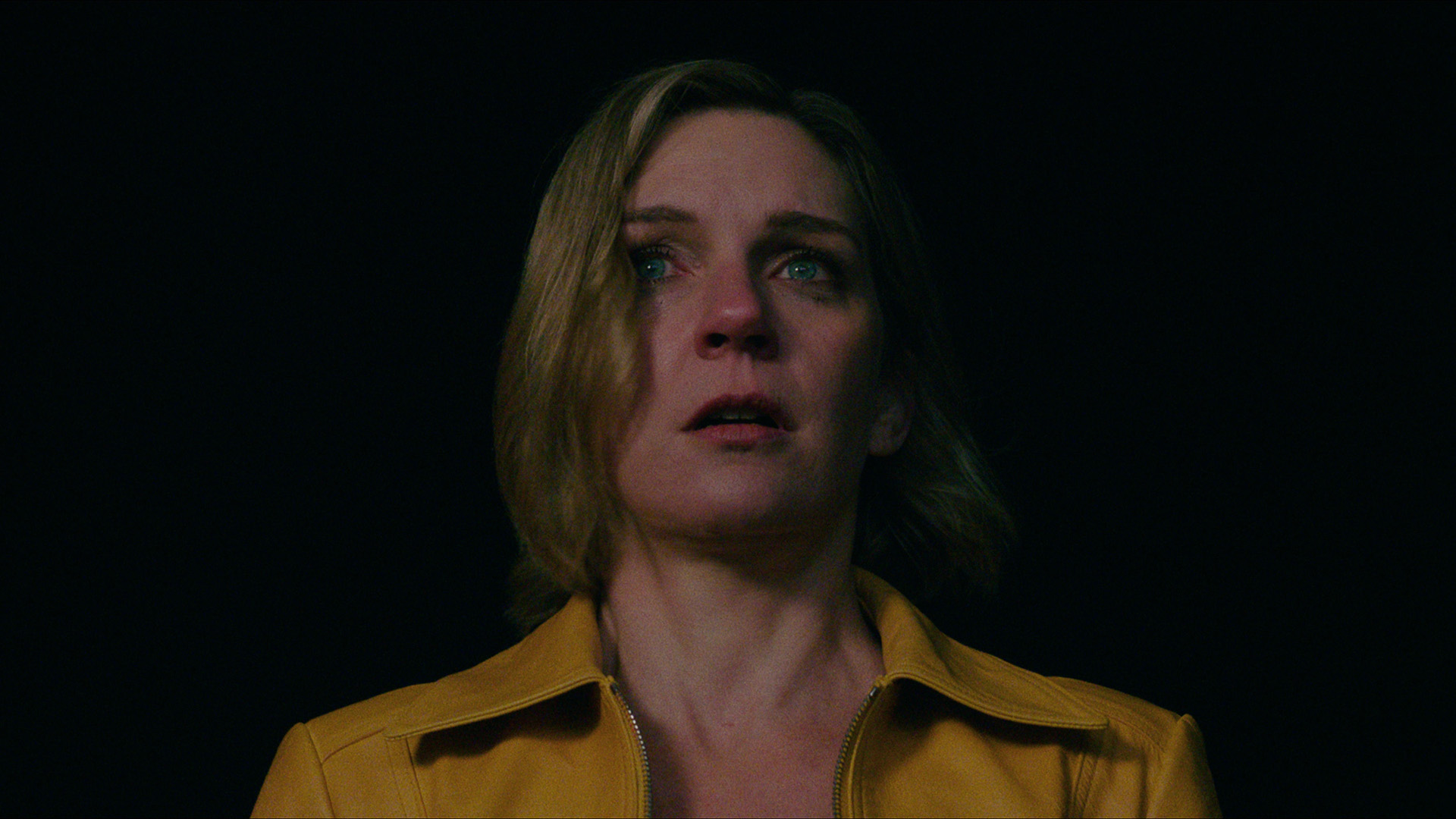GamesRadar+ Verdict
'Adorable' and 'wargame' rarely go together, but in Root they're like chocolate and peanut butter.
Pros
- +
Accessible wargaming
- +
Simple mechanics, deep strategies
- +
Adorable critters
Cons
- -
Hard on new players
- -
Best with 4 people
Why you can trust GamesRadar+
November 13, 2025: This review was originally published in 2021, but has now been edited with our up-to-date format that provides a more user-friendly, bite-size format. Information on the game's expansions and spin-offs have been added too.
The Root board game brings us unhindered woodland warfare, nature red in tooth and claw... and broadswords. And crossbows. Don't let the adorable - and it is adorable - appearance deceive you; this is as cutthroat an experience as any other competitive wargame, and in the end, only side can claim victory.
Yes, it'll take time to get your head around. But for fans of grand strategy, Root is one of the best board games out there.
Root features & design
Price | $60 / £50 |
Ages | 14+ |
Game type | Strategy/wargame |
Players | 2-4 |
Lasts | 60-90mins |
Complexity | High |
Designers | Cole Wehrle |
Publisher | Leder Games |
Play if you enjoy | Arcs, Oath, Twilight Imperium, Redwall |
- Redwall meets Risk
- Control unique factions with a different playstyle
- Absolutely incredible artwork
Much like the Redwall novels, Root has animal factions squaring off to see who can control the great forest. However, this battle of "Woodland Might and Right" is one of the most accessible yet complex wargames there is due to its structure. Each faction is asymmetrical and plays in a unique way, but has to follow certain basic rules.
What's more, Root gleefully cribs the best ideas from the last few decades of wargame development and packs them into a simple, cute package. The Marquis de Cat is playing a traditional wargame of economics. The Eyrie enacts delicate, planned area control. The Woodland Alliance is an insurgency, spreading its influence while avoiding major military conflict. Finally, the Vagabond is playing an adventure game amid the chaos, pitting sides against each other for personal gain.
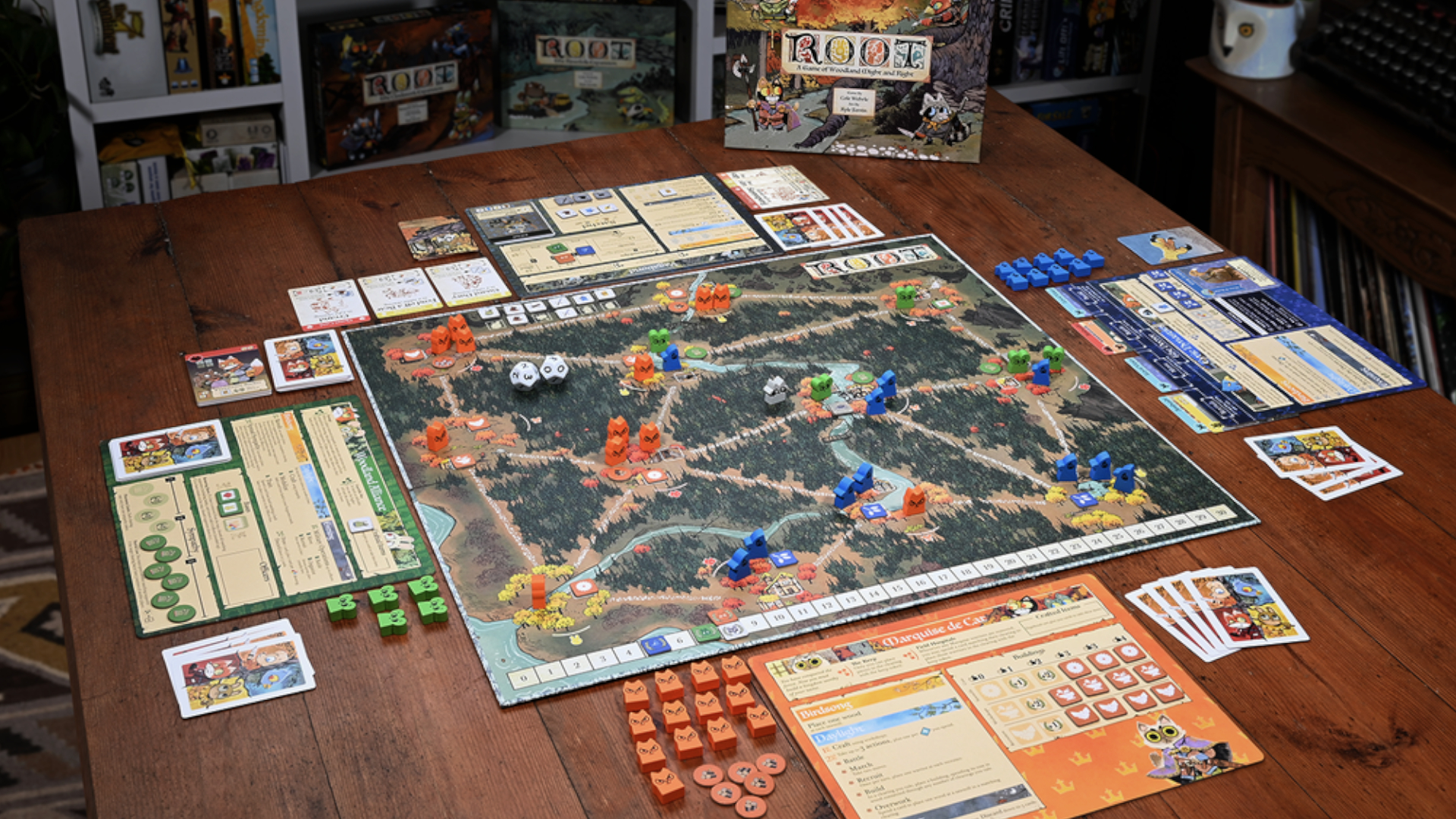
It really helps new players that a fight is just a roll of the dice and a comparison of numbers. One look at the board and you can tell precisely how a battle might possibly turn out, exactly how many soldiers could be lost, and exactly what the stakes would be if you pick a fight. There's randomness, but it's of limited enough scope that Root doesn't feel like unpredictable chaos which hinges on a single dice roll.
That said, even though movement and combat are simple in the Root board game, players can get overwhelmed when choosing which of the many actions they should take for a spin. The Alliance and Vagabond may be overwhelming if you're a first-timer, for example.
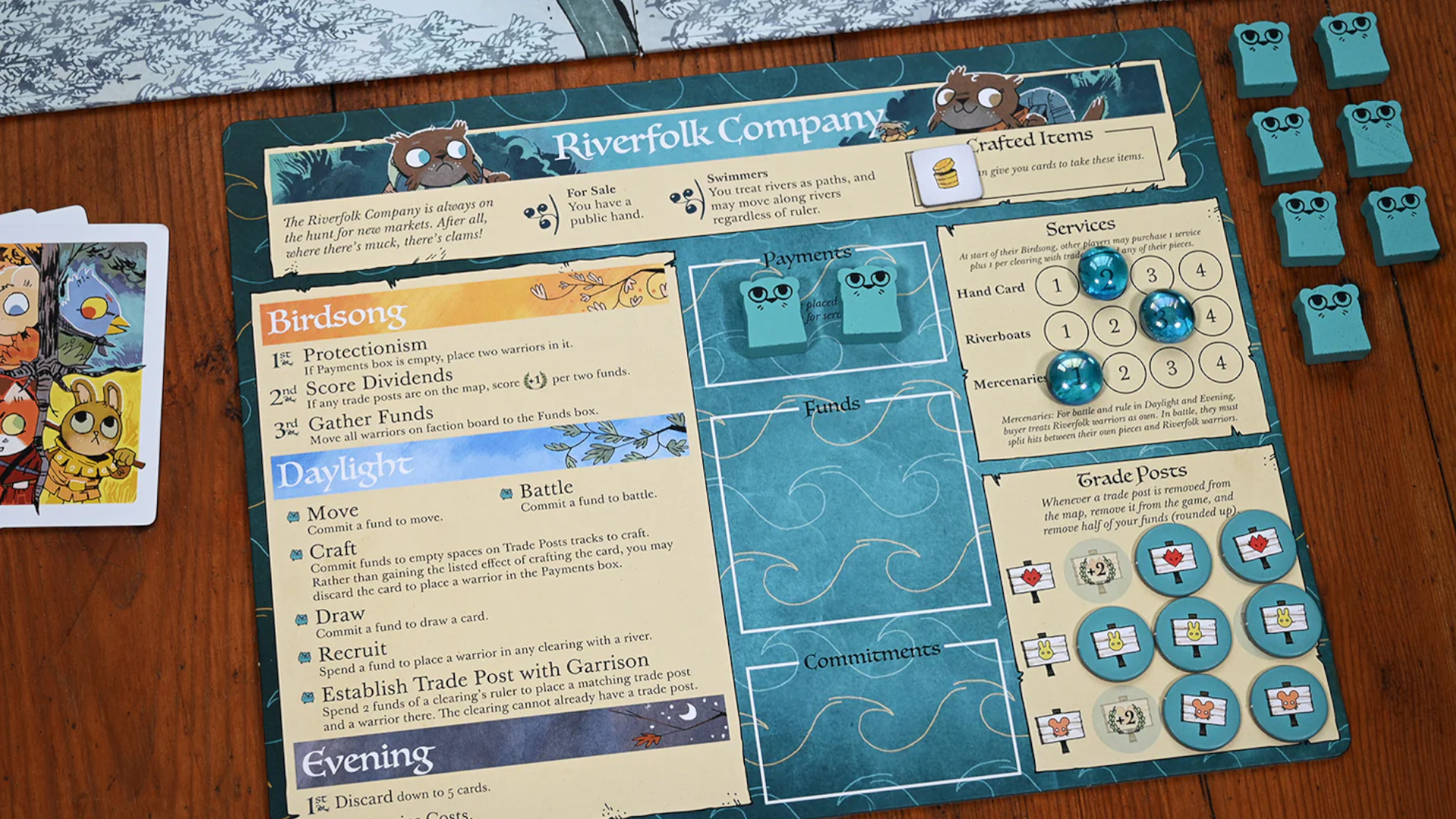
Root is a popular game, and that means it's built up its fair share of add-ons since launch. Most of these (including The Riverfolk and Marauder Expansions) add extra factions, while others (like Underworld) introduce a new board.
Root's production quality and design go a long way to solving that problem. The player boards are great, with a lot of useful information ready to reference, and the pieces have clear purpose.
Weekly digests, tales from the communities you love, and more
Unfortunately, the ubiquitous cards needed by every player can be a bit confusing as they're dense with information. When does a card's suit matter, or its cost, or its rules text? Why is there a teapot on this one? Many of a new player's questions will revolve around cards.
Gameplay
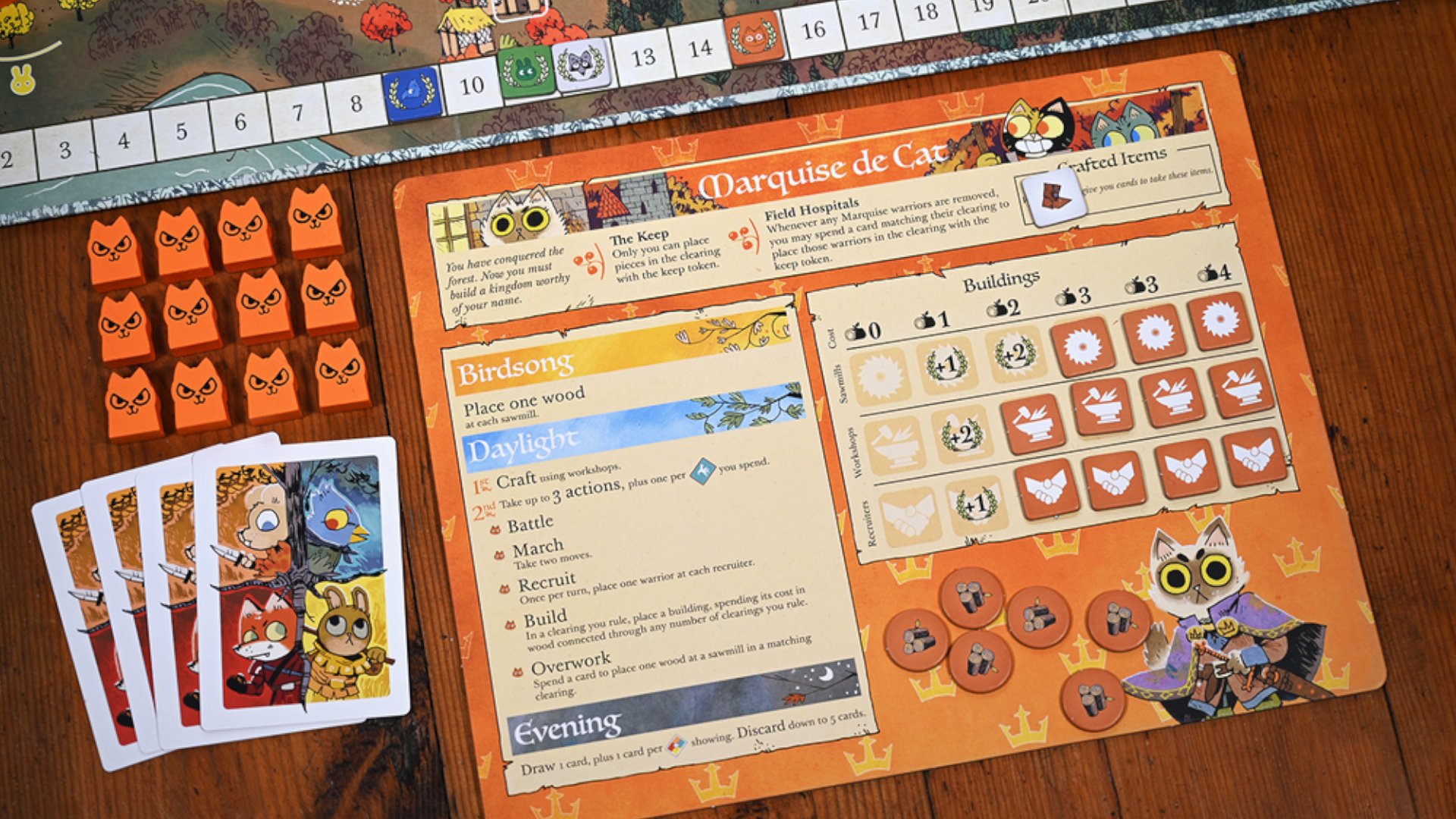
- Complex, with a high barrier to entry
- Well worth persevering with, though
- Gameplay is incredibly rich
If it's starting to sound like the Root board game has a barrier to entry, that's true. Though I called it "the most accessible complex wargame" above, it's still a complex wargame. Someone's first time playing will almost inevitably include confusion and perhaps frustration at their inability to compete.
The experience difference between players matters almost as much as skill, and an inexperienced player in a key role, such as the Marquis or Woodland Alliance, can make the game not just fall flat, but run poorly overall. It's also more unstable when playing with two or three, rather than a full four players.
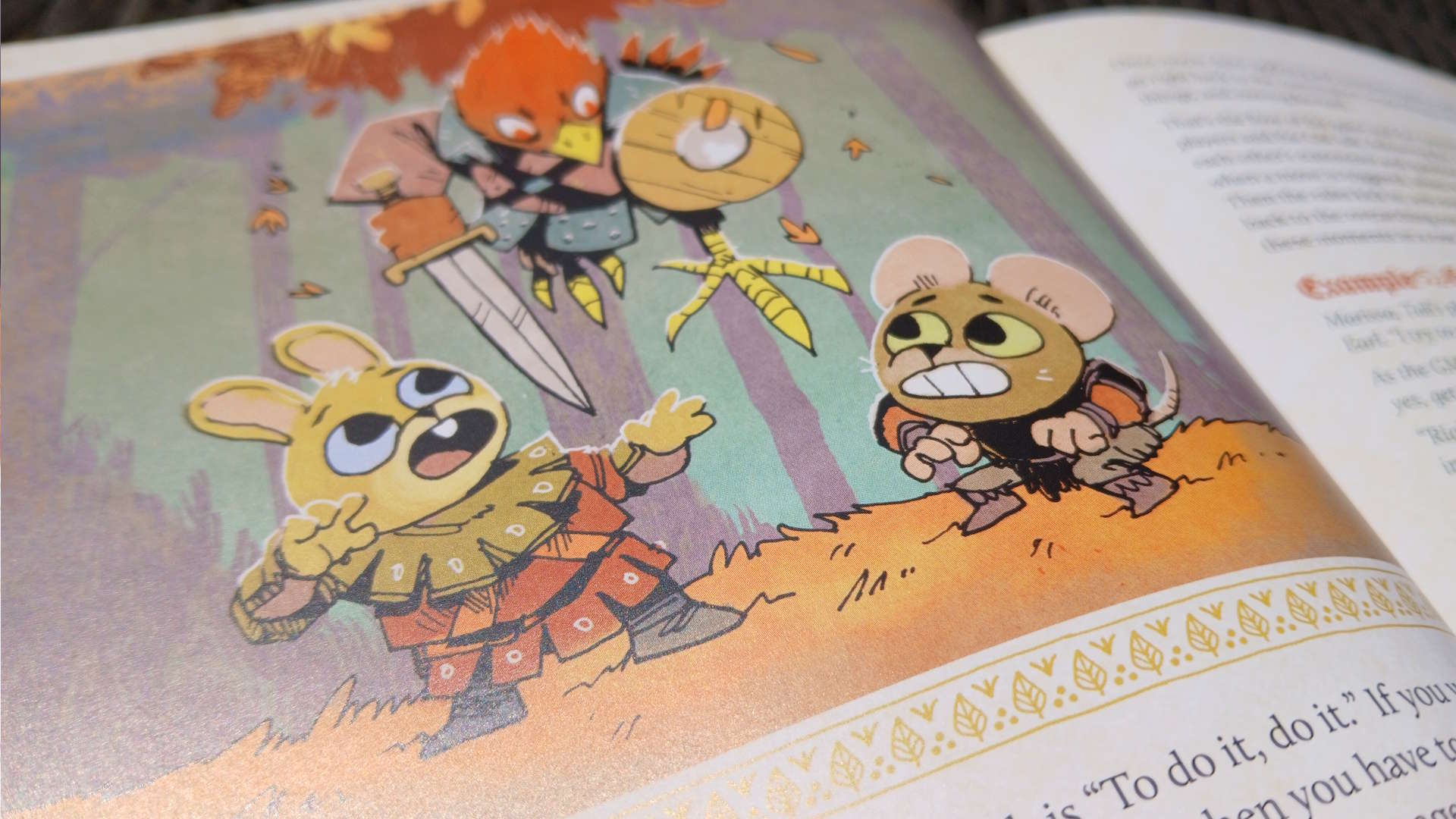
The Root universe has expanded since the original board game was released. There's now the excellent Root: The Roleplaying Game to contend with, allowing you to explore the woodland with your own adventurer.
That same variance and asymmetricality are what make Root so compelling, though. I've never seen two games go precisely the same, and even the advent of an easily-played digital edition hasn't broken the game's balance. In the years since its 2018 publication, my opinion of Root has only grown more positive.
While I was convinced it wouldn't last at first, I now consider it a permanent contender for a spot in the top tabletop wargames list - I even like the many expansions.
Should you buy Root?
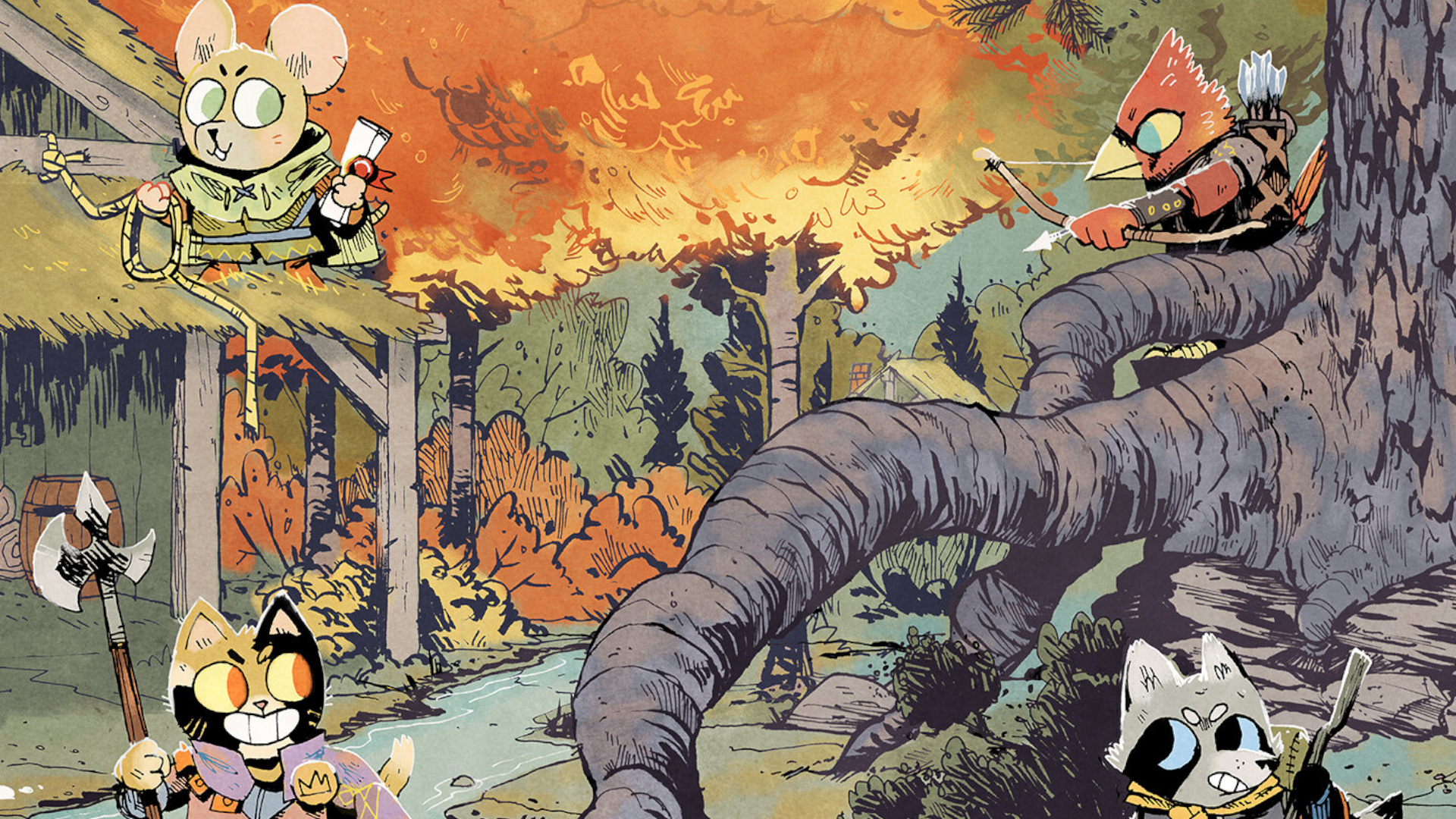
Root is a superb game for a group that doesn't mind doing a dry run to learn the ropes, or one that will focus on single games over multiple sessions rather than breaking out a new one every hour. Armchair tacticians will adore it too; players that have a good laugh over Scythe or Twilight Imperium, or even Risk, will find Root much to their liking.
Are publisher Leder Game's later titles better? That's up for debate. Arcs is an excellent follow-up, for example, and is much easier to get into. But even so, this woodland battler still has its claws in my heart due to its diverse factions with incredibly distinct playstyles. This is a heavy game in terms of complexity, but for those who enjoy a deeper experience, that'll be a good thing.
Ratings
Criteria | Notes | Score |
|---|---|---|
Game mechanics | Each faction handles very differently, meaning you have so many strategies to explore and a fascinating interplay. | 5/5 |
Accessibility | Although it's worth persevering with, there are many barriers to entry here. | 2/5 |
Replayability | Those distinct factions mean you have plenty to try, and every session feels very different as a result. | 5/5 |
Setup and pack-down | Root isn't exactly a game you can break out on an impulse. | 3/5 |
Component quality | Kyle Ferrin's artwork is utterly mesmerizing, and the game's components are top-notch. | 5/5 |
Buy it if...
✅ You love deep, complex strategy games
Despite its cuddly appearance, Root is an incredibly dense, strategic experience that'll test your abilities as a general.
✅ You want a long-term hobby game
Because each faction plays so differently and requires practice to master, you can keep coming back to Root and will get more every time.
Don't buy it if...
❌ You want something light-hearted and accessible
This is a very dense, complicated game that isn't easy to get your head around.
❌ You can't commit to multiple playthroughs
You'll get the most out of Root if you can keep coming back to it - its factions require practice to master.
How we tested Root
This review was conducted using a sample provided by the publisher.
As with all of our tabletop game reviews, we familiarized ourselves with the rules in full before diving into test matches with a variety of player counts. This helped to judge longevity and how the experience differed with different headcounts.
For a better look at our process, check out how we test board games or the GamesRadar+ reviews policy.
Want more suggestions? Be sure to drop in on our guide to the best card games and the best 2-player board games.

Jonathan is an experienced freelancer writer who specializes in tabletop and strategy gaming.
You must confirm your public display name before commenting
Please logout and then login again, you will then be prompted to enter your display name.
